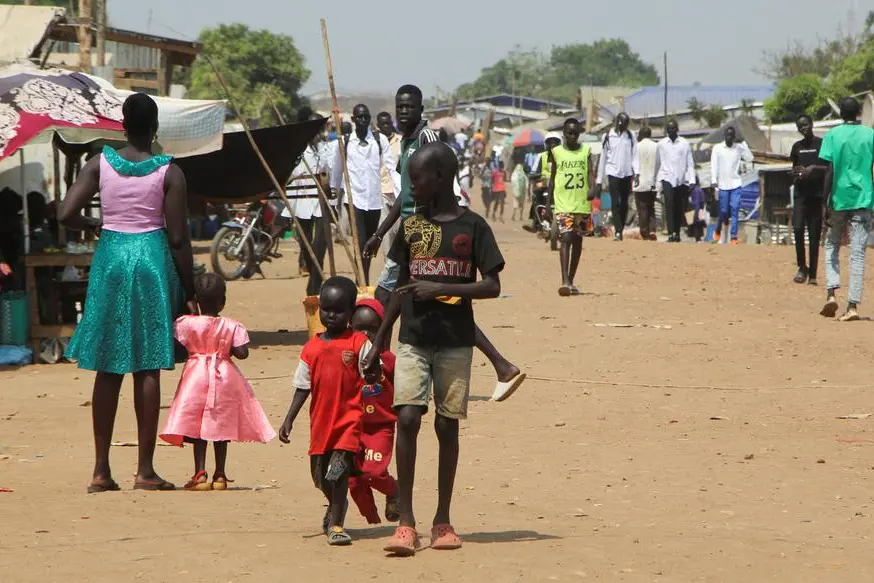PHOTO
The executive board of the International Monetary Fund (IMF) has approved an immediate disbursement of $114.8 million to the government of South Sudan to help it address the urgent balance of payment needs arising from the rising food insecurity and declining forex reserves.
Four consecutive years of intense flooding and the falling-out from Russia’s war in Ukraine and on the heels of the Covid-19 pandemic, have exacerbated an already dire humanitarian situation in South Sudan.
A combination of flooding and the rising price of food have exposed 8.3 million people (about two-third of the population) to acute food shortage.
The IMF said in a statement on Wednesday that the emergency financing under the Food Shock Window of the Rapid Credit Facility (RCF) would provide South Sudan with fiscal space to address food insecurity while maintaining social and growth-enhancing spending as well as boosting reserves.
Overlapping economic shocks“Over the last three years, South Sudan has had to contend with overlapping economic shocks from Covid-19, historic flooding and Russia’s war in Ukraine, which have compounded an already difficult economic and humanitarian situation driven by weak economic management and institutions,” said Kenji Okamura, IMF’s deputy managing director and acting board chairperson.
Last month South Sudan banned the use of the US dollar in local transactions and contracts to help address the deepening economic crisis and the high cost of living.
According to IMF, continued implementation of the peace process is a priority for South Sudan’s economic and social development.“The authorities are highly encouraged to working with the international community and civil society to promote peace, stability and national reconciliation,” said Mr Okamura.
Held discussionsIn November last year, the IMF team held discussions with the South Sudanese authorities on an existing staff-monitored programme (SMP) and on the authorities’ request for access to emergency financing through the Food Shock Window of RCF to address urgent balance of payments needs.
It also discussed South Sudan’s request for a 9-month programme monitoring with board involvement (PMB).
So far, South Sudan has introduced significant reforms since the start of the SMP in March 2021 including the unification of the official and parallel exchange rates.
However, fiscal pressures have led to the temporary resumption of overdrafts from the central bank and a return to the use of oil advances to finance the budget during the final quarter of 2021/2022 fiscal year.
The rise in the money supply due to monetary financing triggered a significant depreciation of the exchange rate, which has compounded external price pressures in an economy that is heavily reliant on imported goods. © Copyright 2022 Nation Media Group. All Rights Reserved. Provided by SyndiGate Media Inc. (Syndigate.info).




















